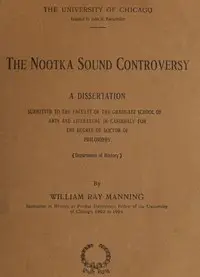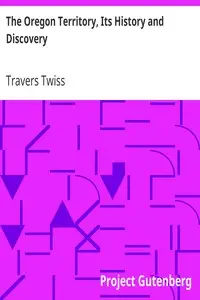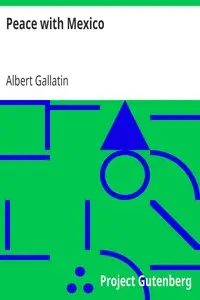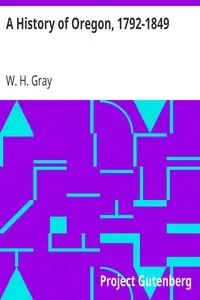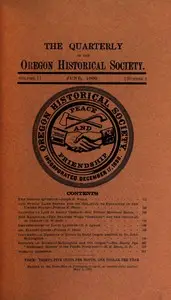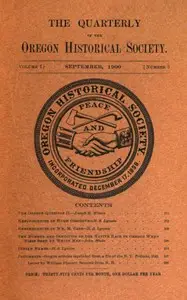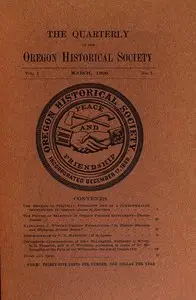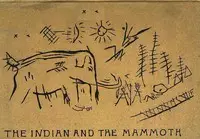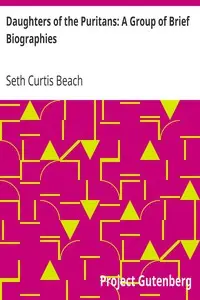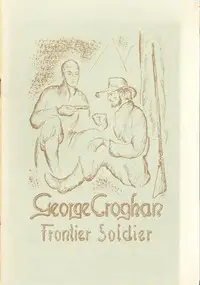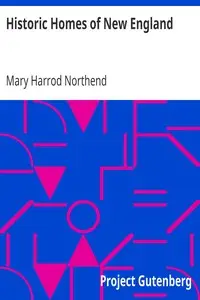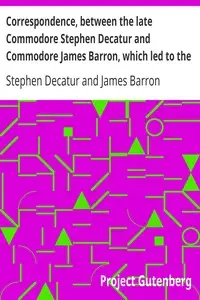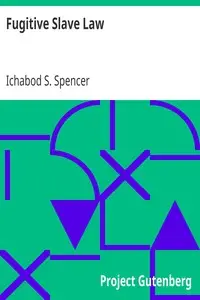"The Oregon Question" by Albert Gallatin is a historical examination that tackles the disagreement between the United States and Great Britain about who should control the Oregon Territory. The book lays out each country's reasons and opinions on the matter. It looks closely at the tricky parts of talks between nations, old agreements, and the legal reasons for owning land, which makes it a very important study of how America grew in power. It explores the important papers, trips, and deals that formed the basis for land rights. Gallatin also talks about how the feelings of the people are making the problem worse and gives his view on how the governments are handling things, pointing out that finding a calm solution is getting harder because tensions are rising.
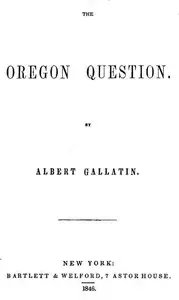
The Oregon Question
By Albert Gallatin
Discover a clash of empires as two nations fight for control of a vast territory, where diplomacy and destiny hang in the balance.
Summary
About the AuthorAbraham Alfonse Albert Gallatin was a Genevan–American politician, diplomat, ethnologist and linguist. Often described as "America's Swiss Founding Father", he was a leading figure in the early years of the United States, helping shape the new republic's financial system and foreign policy. Gallatin was a prominent member of the Democratic-Republican Party, represented Pennsylvania in both chambers of Congress, and held several influential roles across four presidencies, most notably as the longest serving U.S. Secretary of the Treasury. He is also known for his contributions to academia, namely as the founder of New York University and cofounder of the American Ethnological Society.
Abraham Alfonse Albert Gallatin was a Genevan–American politician, diplomat, ethnologist and linguist. Often described as "America's Swiss Founding Father", he was a leading figure in the early years of the United States, helping shape the new republic's financial system and foreign policy. Gallatin was a prominent member of the Democratic-Republican Party, represented Pennsylvania in both chambers of Congress, and held several influential roles across four presidencies, most notably as the longest serving U.S. Secretary of the Treasury. He is also known for his contributions to academia, namely as the founder of New York University and cofounder of the American Ethnological Society.

